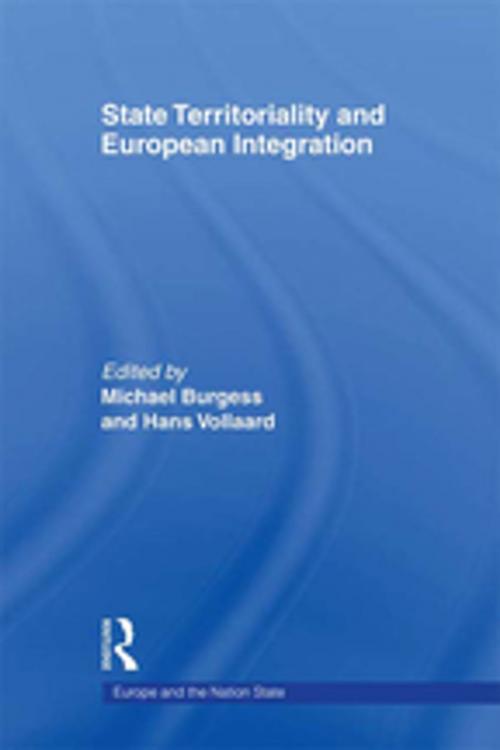State Territoriality and European Integration
Nonfiction, Social & Cultural Studies, Political Science, Politics, Regional Planning| Author: | ISBN: | 9781134167968 | |
| Publisher: | Taylor and Francis | Publication: | September 27, 2006 |
| Imprint: | Routledge | Language: | English |
| Author: | |
| ISBN: | 9781134167968 |
| Publisher: | Taylor and Francis |
| Publication: | September 27, 2006 |
| Imprint: | Routledge |
| Language: | English |
The European nation state is now placed between the interconnected processes of globalization and European integration. This new book examines these evolving relationships, showing how the conventional territorial basis of the state is being reappraised.
Bringing together leading thinkers on the nation state, this volume tackles key questions about how we should conceptualize and discuss the political significance of territory in today’s world. For example, does the era of Europeanization and globalization herald the end of citizens’ traditional attachment to their national territories? Do our conceptions of the state no longer correspond to contemporary political realities? These questions are approached from a range of positions that illuminate the debates now taking place across the world.
This book delivers a clear set of key concepts, indicators and theoretical notions to carry out a historically and empirically grounded examination. Drawing upon case studies from across Europe, the lessons and conclusions detailed have a fascinating international scope and can be applied to our understanding of globalization, which is intimately connected with European integration.
This is an invaluable book for all students of European integration, political science and international relations.
The European nation state is now placed between the interconnected processes of globalization and European integration. This new book examines these evolving relationships, showing how the conventional territorial basis of the state is being reappraised.
Bringing together leading thinkers on the nation state, this volume tackles key questions about how we should conceptualize and discuss the political significance of territory in today’s world. For example, does the era of Europeanization and globalization herald the end of citizens’ traditional attachment to their national territories? Do our conceptions of the state no longer correspond to contemporary political realities? These questions are approached from a range of positions that illuminate the debates now taking place across the world.
This book delivers a clear set of key concepts, indicators and theoretical notions to carry out a historically and empirically grounded examination. Drawing upon case studies from across Europe, the lessons and conclusions detailed have a fascinating international scope and can be applied to our understanding of globalization, which is intimately connected with European integration.
This is an invaluable book for all students of European integration, political science and international relations.















